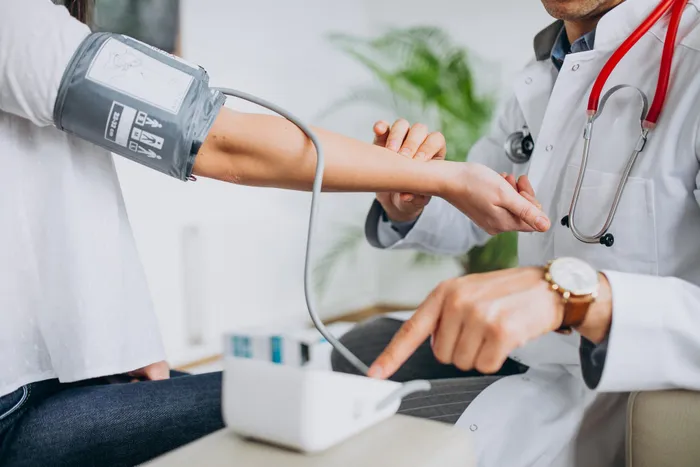
Navigating between the different medical aid schemes can be difficult but need to consider all of the factors before making a final decision. Picture: Freepik
Image: Picture: Freepik
As the calendar flips to July, many South Africans are facing an unsettling reality: their medical savings have been depleted, forcing them to shoulder the costs of healthcare out of their own pockets for the remainder of the year.
This situation has become particularly dire amidst soaring inflation, rising fuel prices, and escalating food costs, placing healthcare access in jeopardy for a significant portion of the population.
The scenario plays out in homes across the country: doctor's visits, blood tests, and even necessary prescriptions are increasingly being sidelined as families attempt to navigate their financial constraints.
However, healthcare experts are urging South Africans not to compromise on their health. Instead, they should explore innovative solutions that reduce costs while maintaining quality care.
“South Africans need to start looking at smarter ways to access quality healthcare without breaking the bank,” says Tania Joffe, founder of Unu Health. Joffe highlights the availability of credible alternatives that are not only fully covered by medical aids but can save users up to 40% compared to conventional healthcare routes.
One standout solution is telemedicine, which allows patients to consult with qualified doctors through apps, phones, or online platforms. This modern approach to healthcare is gaining traction throughout South Africa.
“Instead of spending R500 or more on a face-to-face GP visit, patients can speak to a doctor for a fraction of that cost through telemedicine apps with the consultation often covered entirely by their medical aid,” Joffe explains. “And it’s not just consultations — pathology and diagnostic testing services are also up to 40% cheaper when compared to traditional channels.”
Experts stress that the healthcare landscape is evolving, necessitating a shift in how consumers approach health services.
“The old model of always visiting your GP or specialist in person for everything just isn’t sustainable anymore,” Joffe points out.
“It’s time to embrace the hybrid model that includes telemedicine — especially when you can access trusted, convenient, and safe care that’s also far more affordable.”
Amid this financial strain, here are practical steps South Africans can take to stretch their medical rands further:
“Healthcare is not something you can afford to neglect,” Joffe asserts. “But you also shouldn’t have to go into debt to stay healthy. It’s about using what’s available wisely — knowing there are alternatives that can make a real difference.”
As the cost-of-living crisis intensifies, South Africans are encouraged to rethink their approaches to healthcare access.
By adopting digital health solutions and engaging in more strategic planning, maintaining good health can be achieved without sacrificing financial stability.
Related Topics:
